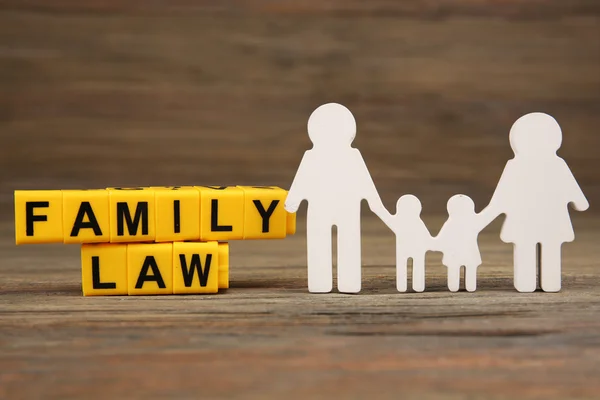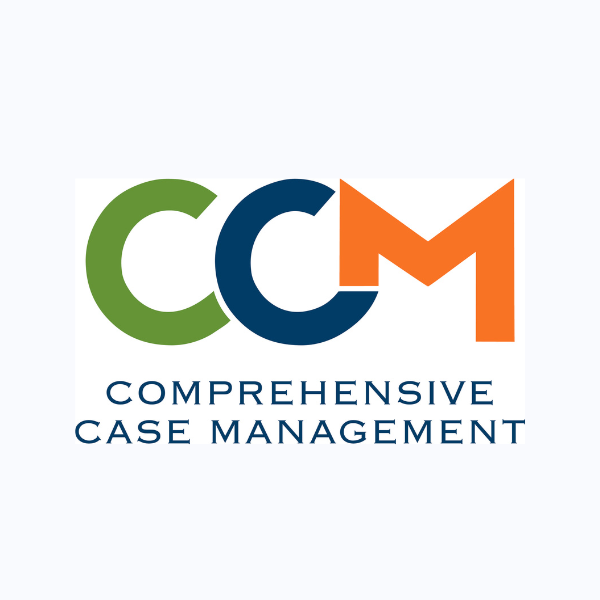Child custody legally means having care and control of children. If you are separating and have children, custody and visitation rights will probably be among the most important concerns. However, other important issues that may be decided include decisions regarding the child’s education, religion, and health care issues. Making decisions about child custody can be very difficult and quite complex. The end of a relationship involves serious legal and financial matters which must be negotiated and finalised.Usually the children live all the time, or most of the time, with the parent who has custody. A parent who does not have custody will usually have rights to visit with the children at set times, and rights to ask about the children. This is usually called access.
Joint custody:
Sometimes only one parent will have custody and sometimes parents will have what is called joint custody.Both parents with joint custody legally have care and control of the children, and share in the important decisions about how the children are raised.Joint custody can mean that the children live part of the time with each parent, or that the children live with just one parent. Because joint custody requires a lot of co-operation by both parents, there may be hesitancy on the part of the court in making an order if there is significant friction between the parents.
Physical Custody:
If a parent is awarded physical custody, it means that the child will be under the guardianship of that parent, with the other parent being allowed to visit the child periodically.This is the most prevalent method of ensuring that the child receives all the family benefits and has the best upbringing possible.The environment around the child must be enriching and fulfilling while trying not to deprive the child of his parents’ affection during their formative years.

Assessing the Parent's Goals:
The attorney works with the parent to identify and prioritize their goals and objectives in seeking custody.Discusses the parent's preferences regarding decision-making authority, visitation schedules, and any specific concerns they may have.Usually a parent who does not have custody will have access to the child. The right to access is also the child's right. The parent with custody can't refuse access to the other parent because of bad feelings between them or failure to pay child support.
Sole Custody:
One parent has both legal and physical custody rights, and the other parent may have visitation rights. This arrangement is often awarded when one parent is deemed unfit or when it is in the best interest of the child.This means the child will spend most or all of the time with the parent who has sole custody and that parent makes choices about raising the child without consulting with the other parent.
Visitation Rights:
When one parent has primary physical custody, the noncustodial parent is often granted visitation rights. Visitation schedules can be flexible and should be designed to maintain a meaningful relationship between the child and the noncustodial parent.The noncustodial parent is allowed to take his own children without the supervision of an adult. The parent is allowed to take the children to his home or somewhere else where both the parties can spend some time.
Split custody:
In recent years, concepts have developed such as split custody, a situation where one or more child of the marriage remains with each parent. Split custody is a variant of joint custody which usually requires the consent of both parents. Courts do not ordinarily order split custody without agreement, as it is in the best interests of children to remain together.











